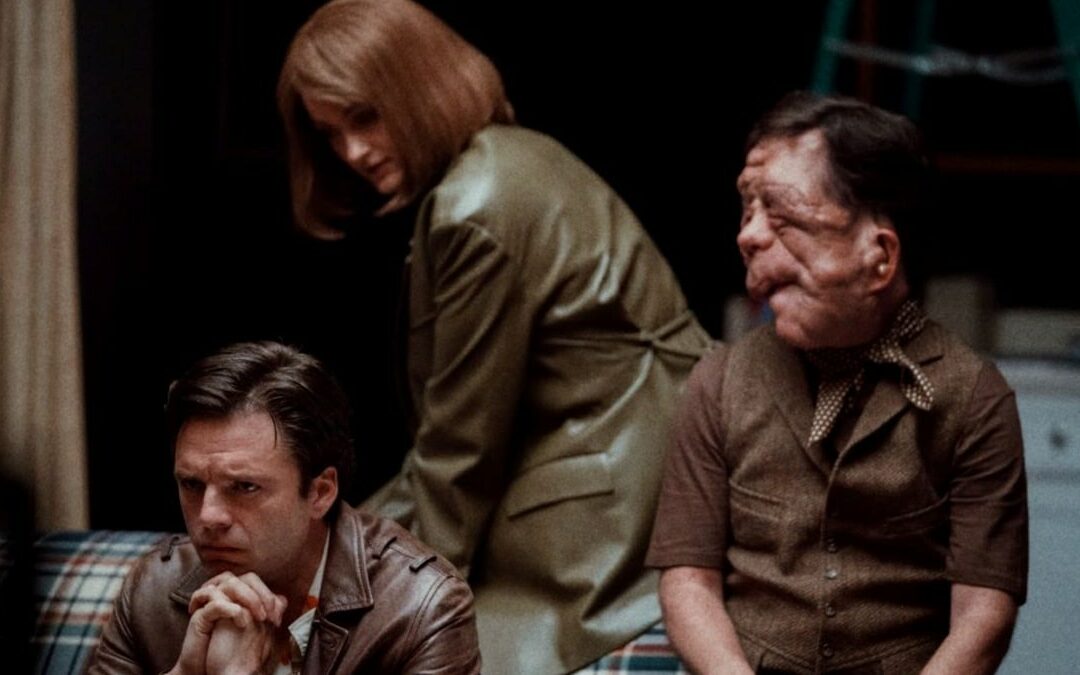There were springlike temperatures, during the first days of the 74th Berlinale: the climate has changed, but only in terms of the weather. Instead, in terms of political debate a heated climate was expected and so it was, starting with the first press conference during which the international jury spoke more about war and racism than about cinema. Even the opening film dealt with relevant social issues, but it was above all the lead actor Cillian Murphy, in the midst of the Oscar race for his performance in Oppenheimer, who captured the attention. He was at the Berlinale as the main star of Small Things Like These: an Irish actor for a deeply Irish story, albeit directed by a Belgian, Tim Mielans. Among all the ugly things of mid-1980s Ireland that coal merchant Bill Furlong’s character bump into are widespread poverty and hard family situations (which also affected him, as we find out in the flashbacks), but also the Magdalene Asylums, the institutions where girls deemed “immoral” and disowned by their families were imprisoned against their will (the last Asylum was closed in 1996). This character, played by Murphy, seems to embody a collective sense of guilt over many evils that have affected the Irish twentieth century: he’s a man who does not hide his feelings, he suffers visibly, and his pain is carved into a face made sharp by the dark, disheartening cinematography. He is an example of charity initially only imagined, needing a shock to turn into action; unfortunately, the film suffers from this hesitancy, getting lost in too many repetitions as the message it would like to convey becomes obvious too soon.
Another film in competition bound to cause discussion is Aaron Schimberg’s thriller A Different Man. The director, who was born with a bilateral cleft lip and palate later treated with surgery, has always been interested in the perception of altered faces compared to the norm, by both the observer and the observed; yet he explained to the press how difficult it is to portray disabilities in movies, because if you choose an able-bodied actor you can be accused of preventing actors with a disability from having adequate representation, but if you choose someone to interpret his/her disability you can being accused of exploiting other people’s illnesses. So Schimberg, rather than choosing, did both things. The main star Sebastian Stan wears a mask at the beginning of the film: he plays a man with a disfigured face, presumably due to neurofibromatosis (disfigured is the exact term used in the press conference, while the word monster was banned). When he is offered an experimental treatment, he agrees to undergo it; for him there is a before and an after, as if he has the opportunity to become a different man. Here is the first controversial topic: does changing the appearance of one’s face also imply changing one’s personality, or is a person’s soul not related to exteriority? The protagonist would like to forget his past, but by chance it comes back to haunt him: first in the form of a play about his previous life, then through meeting another person with neurofibromatosis. This other character is played by someone who actually has such a disease in real life: Adam Pearson, a well-known British actor, presenter and campaigner. The encounter between the regular face of an actor who only pretended to be disfigured, and the one truly changed by a real disease, is morally challenging for the audience, but it is devastating especially within the plot, because the owner of the new face seems to violently suffer the confrontation with the one who shows him what he could have been but no longer is, nor could ever be again; at the same time, metaphorically he could symbolize an actor who believes he can play a disability better than the person who actually has it. We are confronted by an original way of thinking about how to represent particularly evident diseases such as those affecting the face, trying not to fall into the narrative of victimization but also not ignoring bullying and other social issues that can be caused by them. From a purely cinematic point of view one can be taken aback but also disappointed by the predictable madness that takes over those who cannot maintain a well balanced connection between body and mind, but from a theoretical point of view there are countless cause for reflection on the morality and immorality of the visual and psychological representation of disabilities, when the viewer’s gaze is forced to observe, for the duration of an entire film, everything he perhaps prefer never to be involved in throughout the real life.





